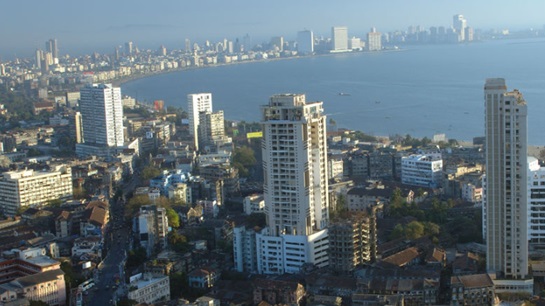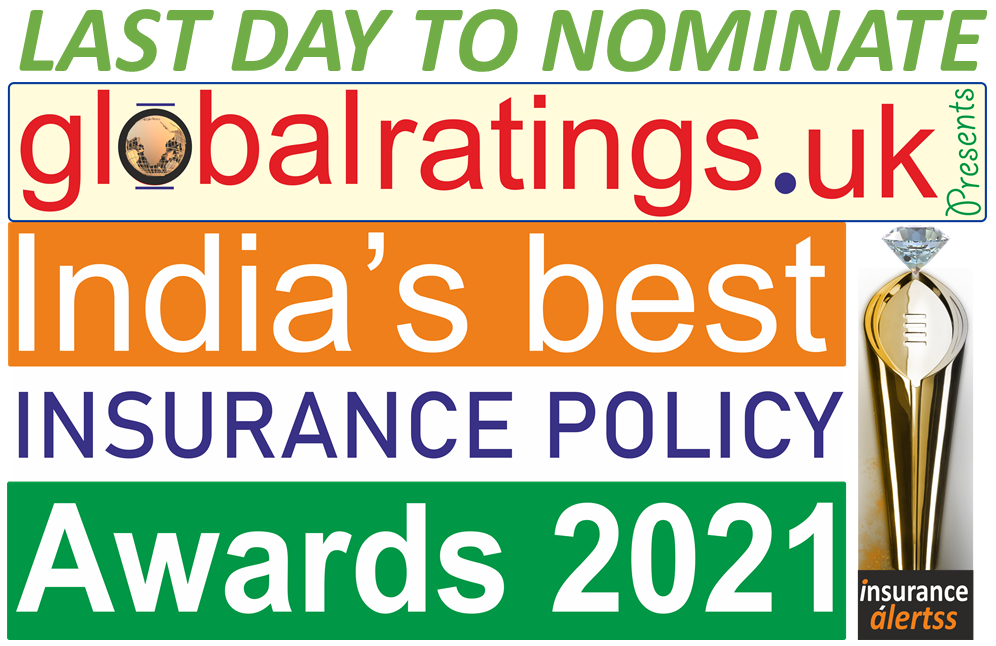 09-03-2020
09-03-2020
3 in 10 urban residents buy term insurance plans

 Insurance Alertss
Insurance Alertss3 in 10 urban residents buy term insurance plans
The term insurance penetration rate stands at 28%, which means only three in 10 people are buying the pure protection plans, compared with 70% of life insurance ownership in the country.
This was revealed by the second edition of Max Life Insurance’s flagship survey Max Life India Protection Quotient 2.0.
The overall Indian Protection Quotient (IPQ) has risen by two points from 35 to 37, while the Knowledge Index has shot up nine points to 48 in metros, Tier One and Tier II cities, reported The Economic Times citing the report. The IPQ represents the degree to which Indians feel protected from future uncertainties on a scale of 0 to 100, based on attitudes, mental preparedness about uncertainties, awareness and ownership of life insurance products, including term, endowment plans and unit linked insurance plans.
“Even though the rise in Protection Quotient is only two points, the rise in awareness is significant and will reflect in terms of ownership with a lag effect in the near future,” said Prashant Tripathy, managing director & CEO, Max Life Insurance. The IPQ 2.0 survey was conducted among 7,014 respondents across 25 cities, comprising six metros, nine Tier I and 10 Tier II cities, as opposed to the first survey which had 4,566 respondents across 15 cities.
At 16%, the lowest penetration of term plans is in Tier II cities. In fact, residents in Tier II cities continue to feel the most insecure, with the lowest IPQ score of 32 and Knowledge Index score of 43. The low penetration could be attributed to the Indian mindset, which seeks returns on investments. This is the reason that 68% Indians or nearly 7 in 10 individuals consider return on premium as the most important benefit they’d like to have from their term plan.
Non-millennials, with an ownership score of 71 are ahead of millennials with score of 64, despite the fact that the awareness levels of the two about life insurance products are the same at 46. Expectedly, working women have a lower IPQ score of 34 and ownership score of 64 compared with working men, whose respective scores are 36 and 69.
Source: Asia Insurance Review
